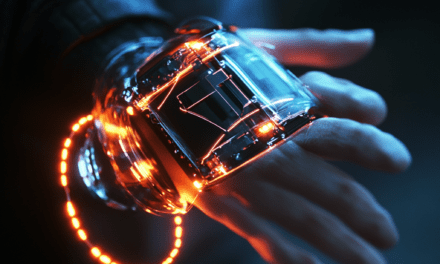Can we operate AI tools such as ChatGPT offline?
Currently, it’s not feasible, but if it were, it wouldn’t only enhance our capabilities with these tools — it could potentially save lives as well. Consider this, an individual with a cardiac condition could have an electrocardiogram equipped with AI for better detection of heart irregularities, regardless of poor internet connectivity.
Shreyas Sen, a professor at Purdue University who is associated with Elmore, is working on designing chips that could enable AI to operate offline on a network of wearable devices without the need for frequent charging.
At present, the substantial power consumption of AI is a key factor limiting its use to internet access only. AI algorithms are confined to data centres — huge complexes housing servers that constitute the internet. Devices like your smartphone or smartwatch connect to AI algorithms via data centers through the cloud.
The technology sector is advancing towards “edge” technology, a chip designed to execute AI algorithms directly within smartphones or other gadgets, eliminating the need for cloud-based access to these algorithms.
However, accomplishing something as intricate as learning the entirety of the internet, similar to what ChatGPT does, is currently unfeasible for a chip due to high energy demands. Sen is engineering custom chips for wearable gadgets that would collaborate with edge devices to solve more intricate AI problems using less power, much like the cooperation between human nerves and the brain.
Sen, along with his colleagues, has initiated trials to integrate AI algorithms into this fast, energy-efficient chip design concept for wearable gadgets. Read More




